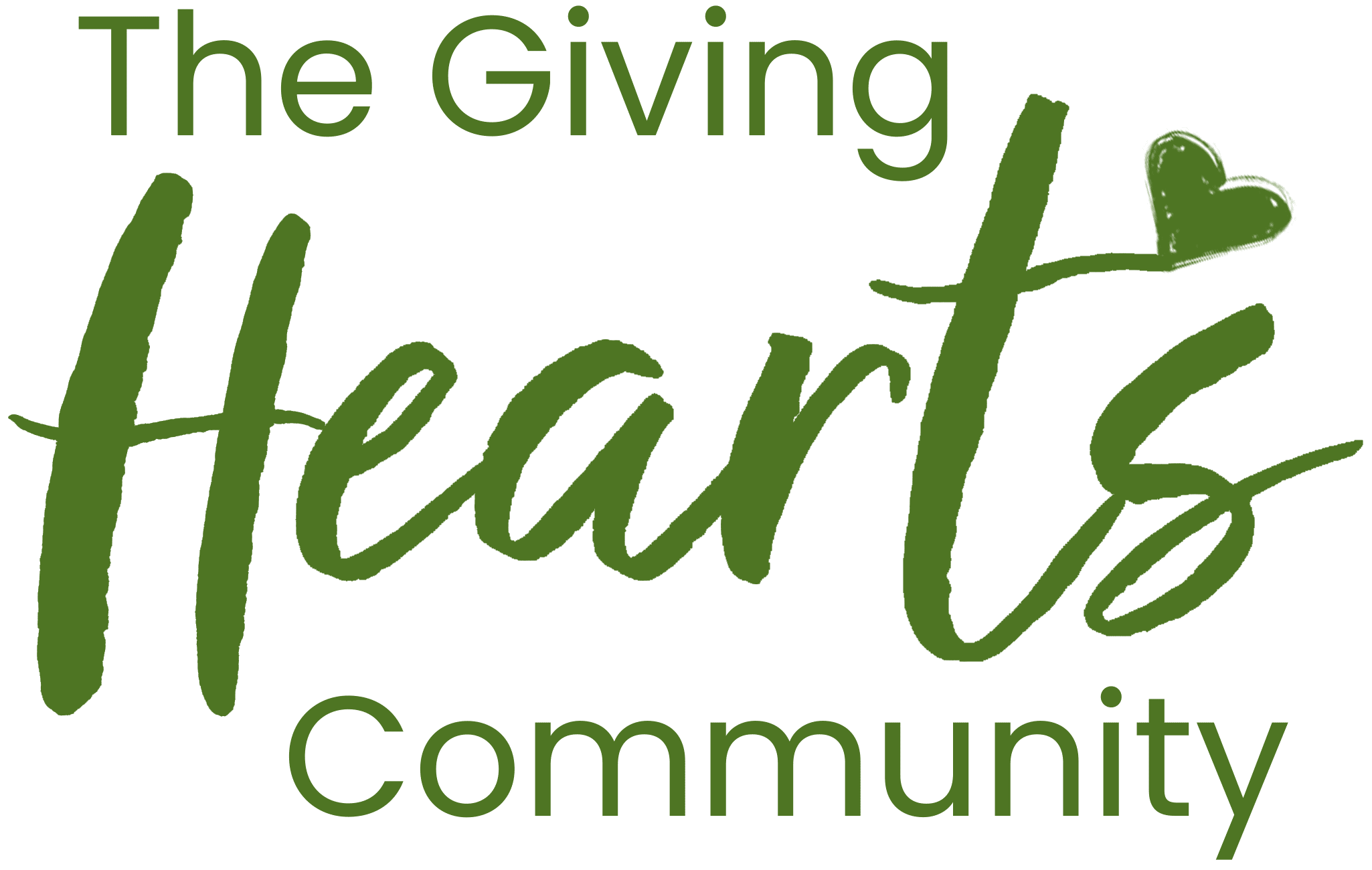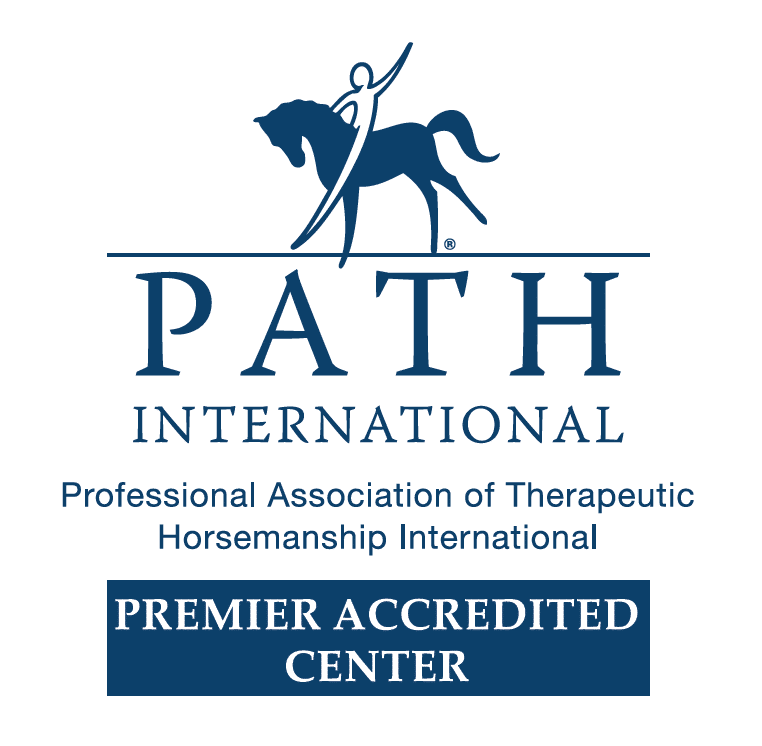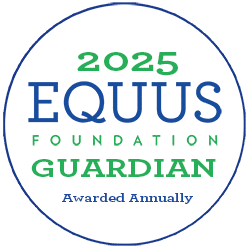Frequently Asked Questions
Adaptive Riding is a horseback riding or horsemanship session taught by a Certified Therapeutic Riding Instructor (CTRI). At Main Stay, individual goals are created for each rider with a focus on learning riding skills, improving posture and a goal related to each individual’s needs. These goals are not therapy goals. Services are not currently reimbursable by insurance.
Incorporating horses into a therapy treatment strategy aligns with the therapy being provided. Licensed medical or behavioral health professionals work within their scope of practice in counseling, occupational therapy, physical therapy, psychotherapy, recreational therapy and speech-language pathology. The therapist determines how equine interactions, movement or aspects of the equine environment may enhance the client’s individualized treatment plan with the goals of improving the client’s sensorimotor, cognitive, behavioral, emotional or psychological function for improved health and wellness.
Main Stay has a variety of large ponies and horses to partner with in adaptive riding and animal assisted learning sessions. In addition, there are smaller farm animals like sheep, goats, rabbits, barn cats and smaller equine (miniature horses, donkey and mule) who partner with clients in unmounted animal assisted learning sessions.
Adaptive riding ponies and horses at Main Stay need to be exceptionally trustworthy, well trained, physically fit and kindhearted in order to enjoy their job. Although an occasional horse may be donated to the program, most horses are purchased due to this high standard of needing to be happy and healthy in the program. Many of the other animals at the farm are considered “rescues” needing a permanent home.



